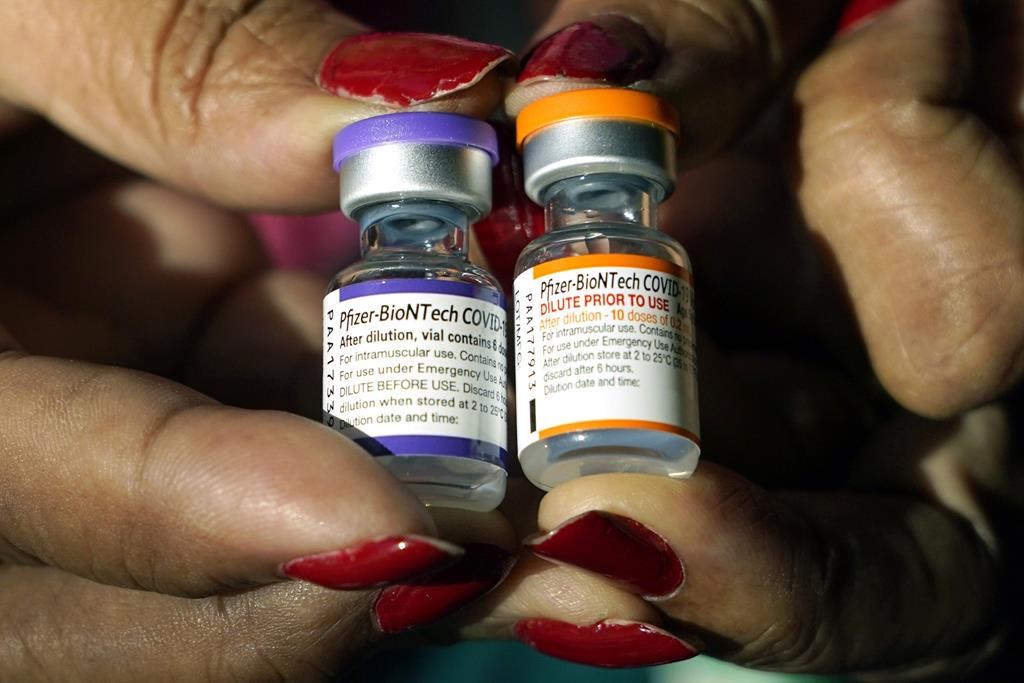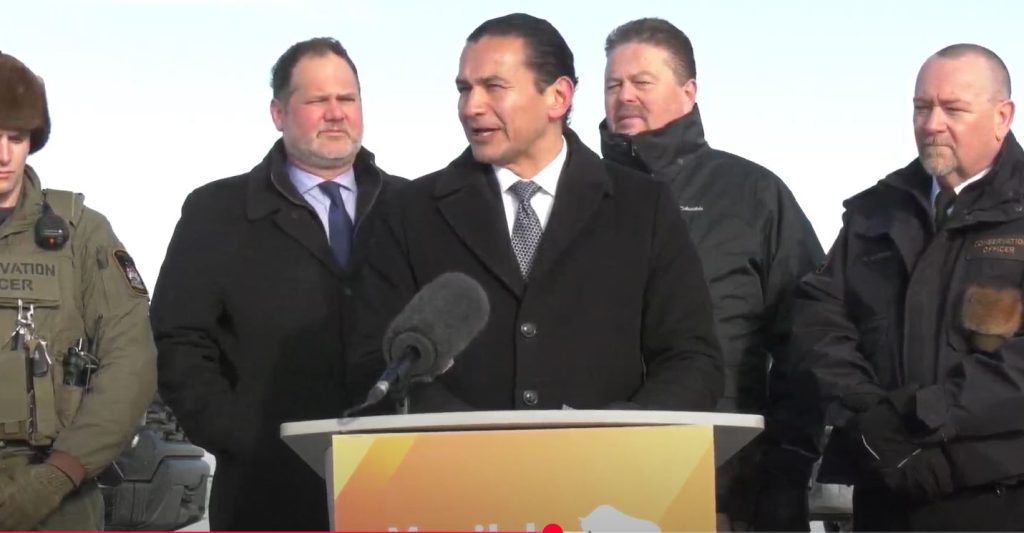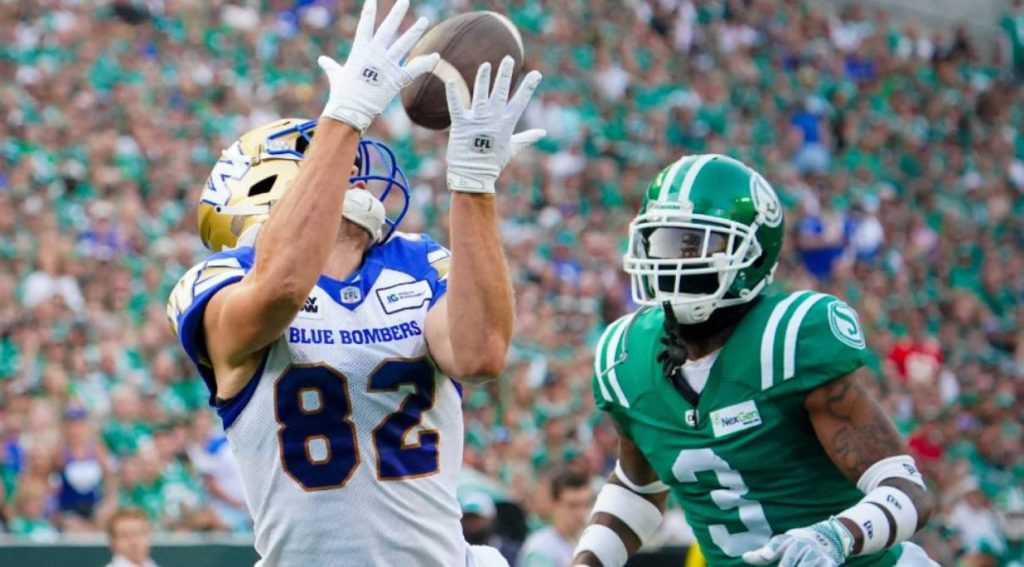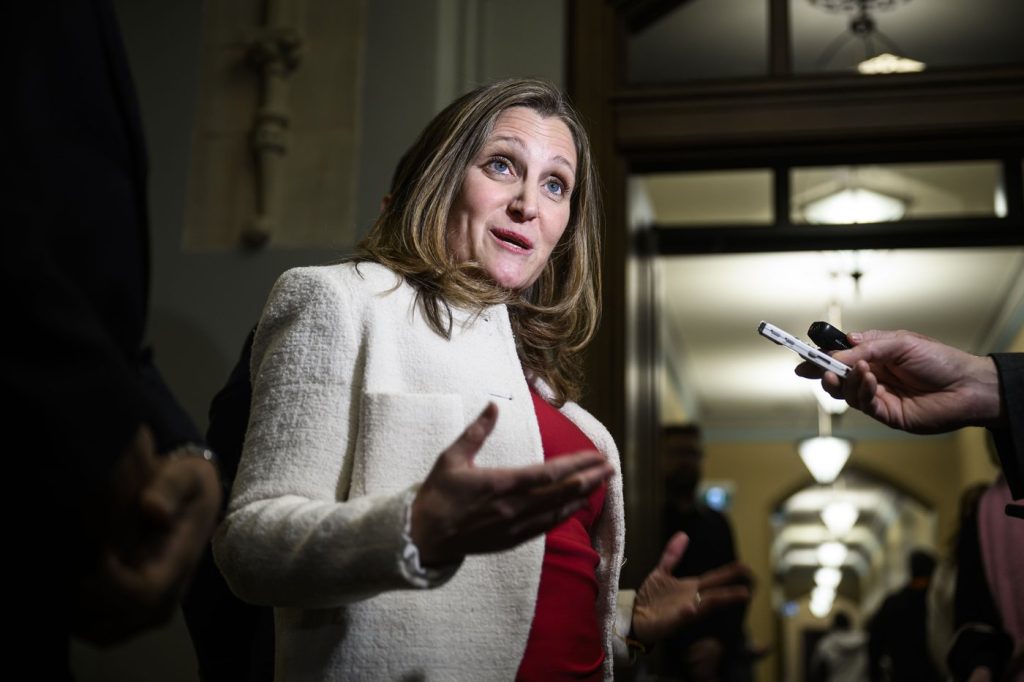Pfizer says 3 COVID shots protect children under 5

Posted May 23, 2022 5:47 am.
Three doses of Pfizer’s COVID-19 vaccine offer strong protection for children younger than 5, the company announced Monday. Pfizer plans to give the data to U.S. regulators later this week in a step toward letting the littlest kids get the shots.
The news comes after months of anxious waiting by parents desperate to vaccinate their babies, toddlers and preschoolers, as children under five are the only group in the U.S. and Canada still ineligible to receive a COVID-19 vaccine.
Both the U.S. Food and Drug Administration and Health Canada has begun evaluating data from rival Moderna, which hopes to begin offering two kid-sized shots by summer.
Pfizer has had a bumpier time figuring out its approach. It aims to give tots an even lower dose — just one-tenth of the amount adults receive — but discovered during its trial that two shots didn’t seem quite strong enough for preschoolers. So researchers gave a third shot to more than 1,600 youngsters — from age 6 months to 4 years — during the winter surge of the Omicron variant.
Related Articles:
-
COVID fourth doses not coming for everyone in B.C., third doses ‘good enough’: Dr. Henry
-
Moderna seeks Health Canada approval for COVID vaccine for kids under six
-
COVID shots still work but researchers hunt new improvements
In a press release, Pfizer and its partner BioNTech said the extra shot did the trick, revving up tots’ levels of virus-fighting antibodies enough to meet FDA criteria for emergency use of the vaccine with no safety problems.
Preliminary data suggested the three-dose series is 80 per cent effective in preventing symptomatic COVID-19, the companies said, but they cautioned the calculation is based on just 10 cases diagnosed among study participants by the end of April. The study rules state that at least 21 cases are needed to formally determine effectiveness, and Pfizer promised an update as soon as more data is available.
The companies already had submitted data on the first two doses to the FDA, and BioNTech’s CEO, Dr. Ugur Sahin, said the final third-shot data would be submitted this week.
“The study suggests that a low, 3-microgram dose of our vaccine, carefully selected based on tolerability data, provides young children with a high level of protection against the recent COVID-19 strains,” he said in a statement.
What’s next? FDA vaccine chief Dr. Peter Marks has pledged the agency will “move quickly without sacrificing our standards” in evaluating tot-sized doses from both Pfizer and Moderna.
The agency has set tentative dates next month for its scientific advisers to publicly debate data from each company.
Moderna is seeking to be the first to vaccinate the littlest kids. It submitted data to the FDA saying tots develop high levels of virus-fighting antibodies after two shots that contain a quarter of the dose given to adults. The Moderna study found effectiveness against symptomatic COVID-19 was 40 per cent to 50 per cent during the Omicon surge, much like for adults who’ve only had two vaccine doses.
While COVID-19 generally isn’t as dangerous to youngsters as to adults, some children do become severely ill or even die. And the Omicron variant hit children especially hard, with those under 5 hospitalized at higher rates than at the peak of the previous delta surge.

A map of Canada’s immunization rates by province show the highest rates in Atlantic Canada. (Canada.ca)
In Canada, people 12 years and older are nearly 90 per cent fully immunized with a COVID-19 vaccine, however, in children between five and 11, fewer than 42 per cent have gotten their shots.
Many have appealed for parents to get their kids immunized, including Canadian Prime Minister Justin Trudeau who said the percentage is “too low” in January, three months after the vaccines were approved for that age group.
“We need to do what’s right; we need to continue to do the right thing. That means getting our kids vaccinated,” he said. “It is safe and effective and the right way to get through this pandemic,” Trudeau said.
Dr. Theresa Tam also expressed concern, suggesting the government needs to probe why more parents aren’t choosing to vaccinate their kids.
“For children aged 5 to 11 years, who more recently became eligible for COVID-19 vaccination, the key opportunity is in getting more children on the path to vaccine protection and raising vaccine coverage up from the present 51 per cent,” she said.
The government launched an initiative called National Kids and Vaccines Day as a result of the hesitancy, in a move to educate and encourage vaccine uptick, however, the results in vaccination rates has not been significant.








